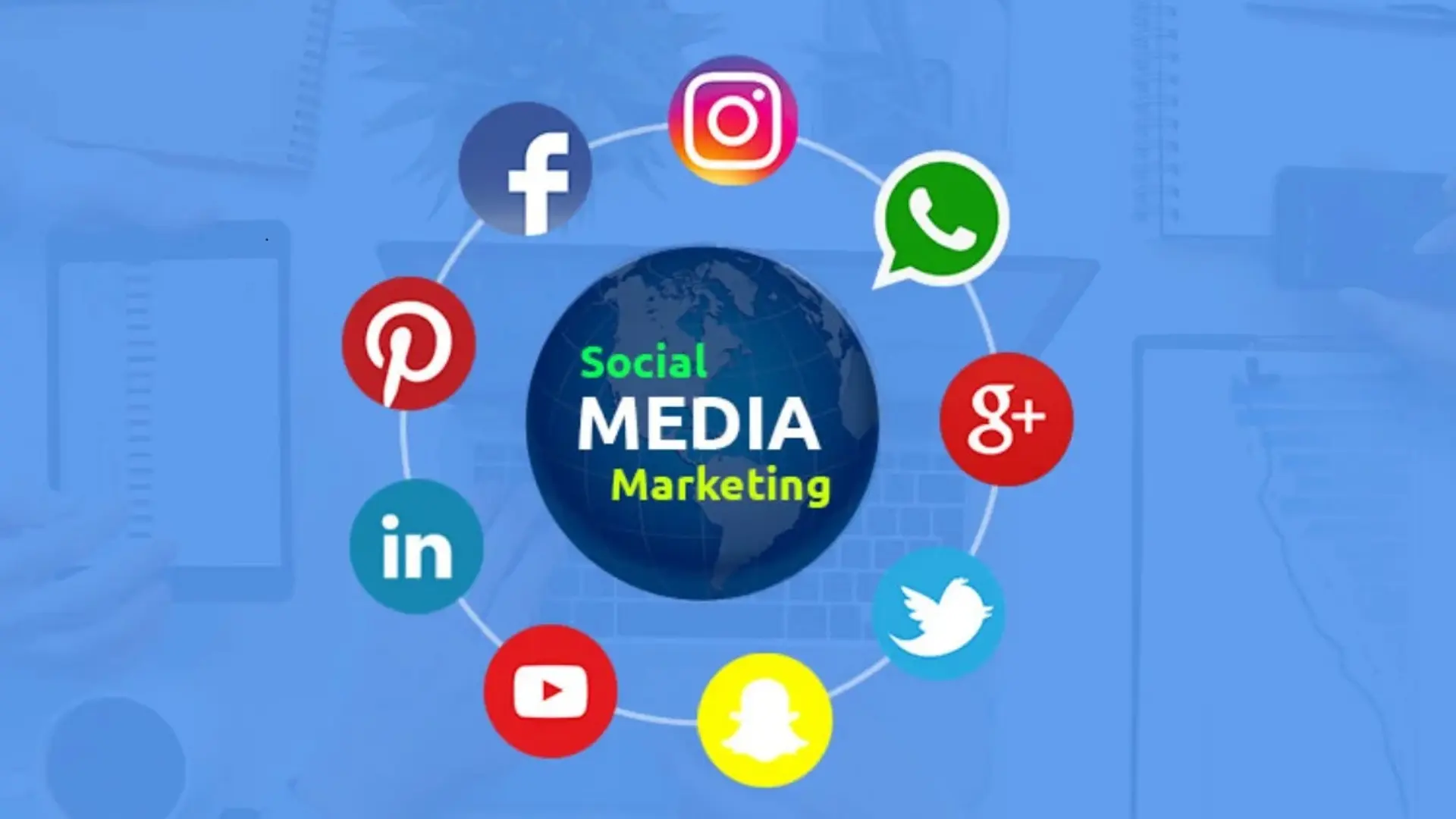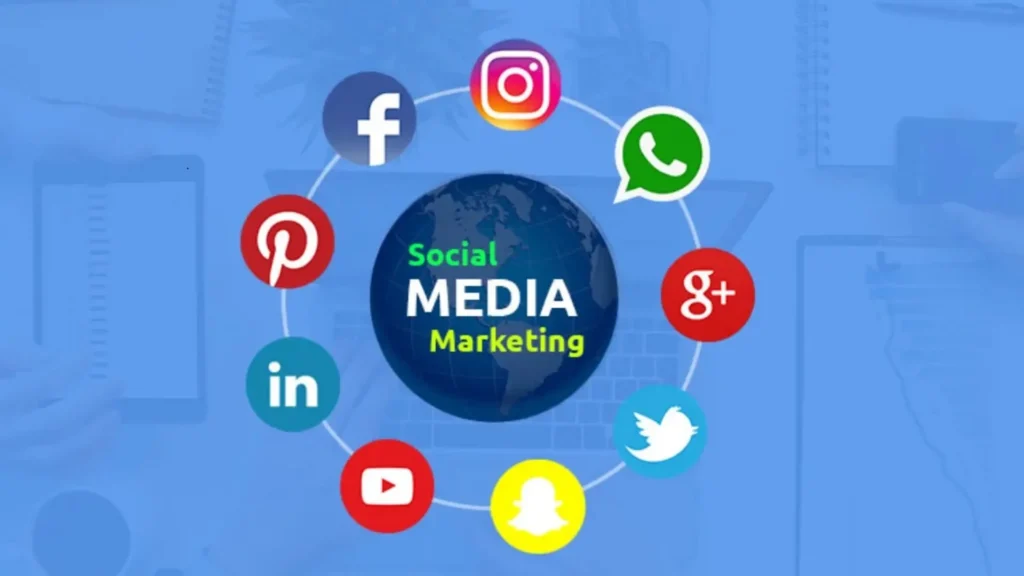

Artificial Intelligence (AI) has moved beyond being just a buzzword—it is now a core driver of digital marketing. Nowhere is this more evident than in social media marketing, where AI is reshaping how brands engage with audiences, optimize campaigns, and measure performance.
But with great power comes responsibility. While AI opens up unprecedented opportunities, it also presents significant risks that businesses must navigate.
At Picasso Multimedia, we guide businesses in adopting AI responsibly for their social media strategies. In this blog, we’ll dive deep into the opportunities and risks of AI in social media marketing and how you can leverage it for long-term success.
1. Understanding AI in Social Media Marketing
AI refers to the use of machine learning, natural language processing (NLP), and automation tools to analyze data, predict trends, and optimize actions. In social media, this means:
- Smarter ad targeting
- Personalized content recommendations
- Automated responses through chatbots
- Advanced analytics for campaign performance
AI is transforming social media from guesswork into data-driven precision marketing.
2. Opportunities of AI in Social Media Marketing
a) Hyper-Personalization
AI enables businesses to create content tailored for individual users. Instead of generic ads, customers now see products or services aligned with their preferences, location, and behavior.
b) Smarter Advertising
AI tools like Meta Ads Manager or Google AI Ads help brands optimize ad spend by:
- Identifying the best-performing audience segments
- Adjusting budgets in real time
- Predicting ROI with accuracy
c) Predictive Analytics
AI can forecast trends before they happen. For example:
- Predicting which content format will perform best
- Identifying trending hashtags
- Anticipating consumer demands
d) Chatbots & Customer Support
AI-driven chatbots offer 24/7 real-time responses, reducing workload and enhancing customer satisfaction.
e) Automated Content Creation
AI tools can now generate captions, suggest hashtags, and even create short-form videos. While human creativity remains crucial, AI assists in speeding up production.
f) Sentiment Analysis
By analyzing comments and mentions, AI can detect customer sentiment, helping brands adjust messaging in real time.
g) Influencer Marketing Optimization
AI can identify the most relevant influencers for your brand, analyzing engagement rates and audience demographics to maximize campaign effectiveness.
3. Real-Life Applications of AI in Social Media
- Netflix uses AI to recommend shows based on user behavior.
- Spotify Wrapped leverages AI data to create personalized content that goes viral annually.
- Coca-Cola uses AI-driven content to engage audiences in multiple markets simultaneously.
These examples show how AI not only powers campaigns but also fuels brand loyalty.
4. Risks of AI in Social Media Marketing
While the opportunities are exciting, AI also poses risks businesses must address.
a) Loss of Human Touch
Over-reliance on AI can make brand messaging feel robotic. Audiences value authenticity and empathy, which AI cannot fully replicate.
b) Data Privacy Concerns
AI relies on massive amounts of user data, raising concerns about misuse, leaks, or unethical targeting.
c) Algorithm Dependence
Brands may become too dependent on algorithms, making them vulnerable when platforms update their systems (e.g., Facebook or Instagram algorithm changes).
d) Misinformation & Bias
If AI tools are trained on biased or incomplete data, campaigns can unintentionally reinforce stereotypes or spread misinformation.
e) Security Risks
AI-driven automation may open new vulnerabilities, including fake profiles, bot attacks, or deepfake content.
5. Balancing AI Opportunities with Risks
To use AI effectively in social media marketing, businesses must balance automation with human oversight.
Best Practices:
- Use AI for efficiency, not full replacement of human creativity
- Ensure transparent data practices to maintain trust
- Continuously monitor AI outputs for bias or errors
- Blend AI-driven insights with human storytelling
6. The Future of AI in Social Media Marketing (2025 & Beyond)
Looking ahead, AI’s role will expand with:
- Voice & visual search integration in social commerce
- AI-generated influencers (virtual brand ambassadors)
- Real-time personalization during live events
- Deeper AR/VR integration for immersive brand experiences
Businesses that embrace AI strategically will gain a competitive edge, while those ignoring it risk being left behind.
7. How Picasso Multimedia Helps Businesses Harness AI
At Picasso Multimedia, we don’t just follow trends—we help you leverage AI responsibly. Our services include:
- AI-driven content optimization
- Smart ad campaign management
- Sentiment analysis and social listening
- Ethical data handling practices
- Blending human creativity with AI efficiency
We ensure your campaigns are not just technologically advanced but also authentic and impactful.
8. Case Example: AI in Action
Imagine two e-commerce brands running social media campaigns:
- Brand A relies only on traditional marketing methods.
- Brand B uses AI-powered tools to optimize ads, personalize product recommendations, and automate customer interactions.
Result? Brand B saves money, boosts conversions, and builds stronger customer loyalty—showing how AI can directly impact revenue growth.
Conclusion
AI is reshaping the future of social media marketing by offering powerful opportunities for personalization, automation, and analytics. But at the same time, businesses must address risks like data privacy, authenticity, and algorithm dependence.
The key is to strike a balance: let AI handle the heavy lifting while humans provide the empathy, creativity, and storytelling that truly connect with audiences.
At Picasso Multimedia, we help brands use AI strategically—maximizing opportunities while minimizing risks.
🚀 The future of social media marketing is AI-driven. Is your business ready to harness it?

